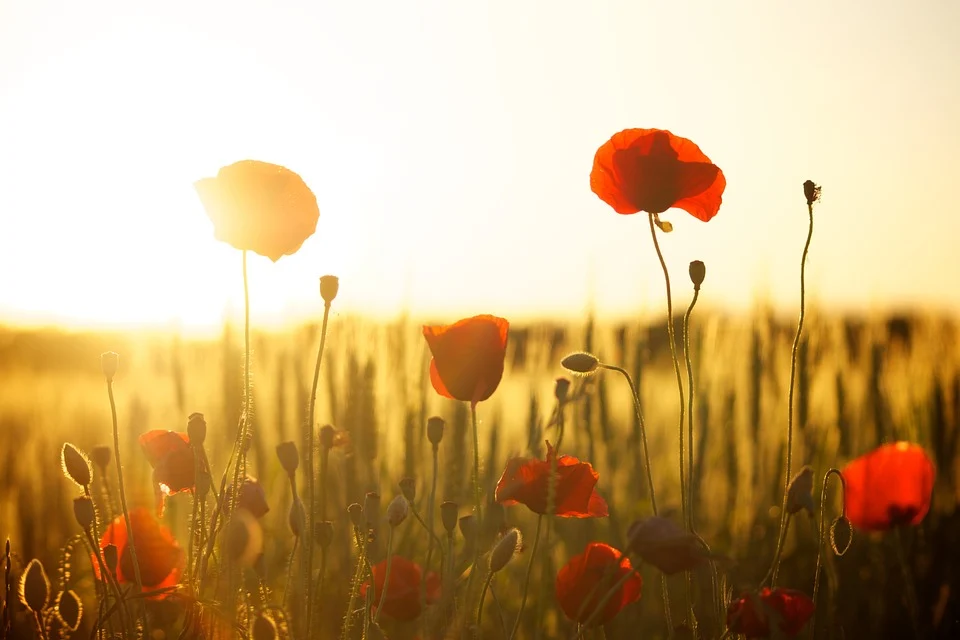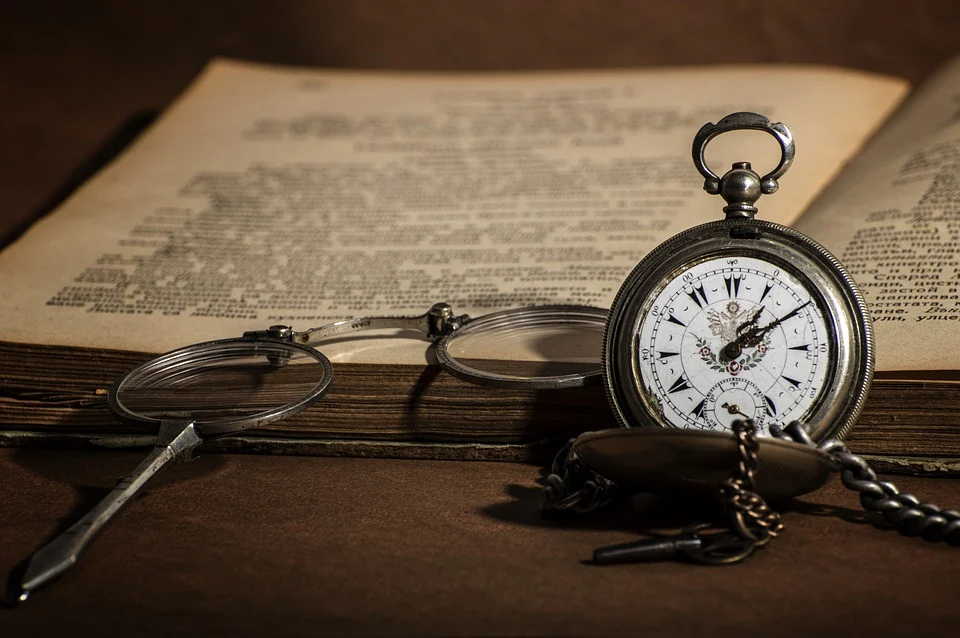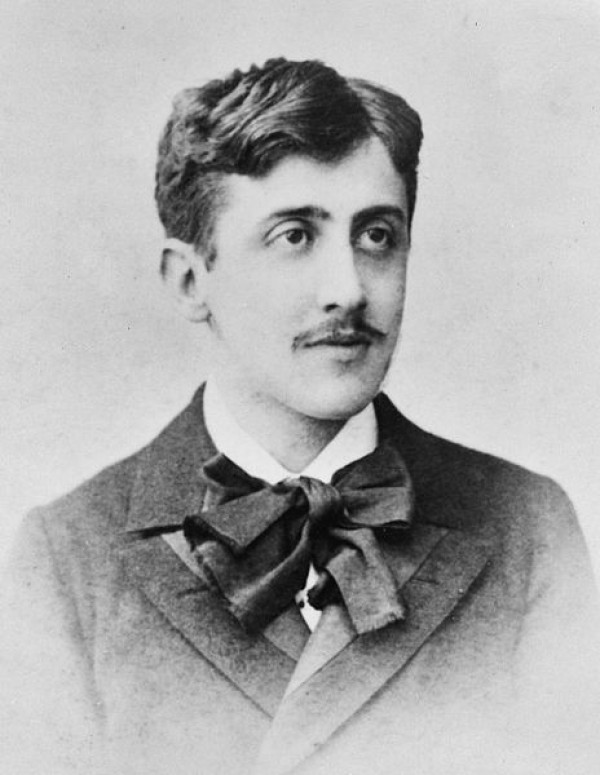 20 Questions to the author
20 Questions to the author

-) What do you like in life ?
The sincere smiles, the simple people with hearts who expect nothing in return, the sun that warms the skin, the wind that blows in the hair, the driving rain, the good times with friends, the good food, the evenings by the fire, the starry nights, the family games, passionate discussions, unexpected encounters, talking animals, children’s laughter, shooting stars, confidences under the duvet, waking dreams, morning ardour, enthusiastic intelligence, the sound of the waves against the rocks, the smell of awakening nature, snowflakes, glistening ice, birdsong, silhouettes that take shape, sketched movements, effort and comfort, walks in the forest, wild strawberries, apple pie, custard, chocolate balls, mountains that touch the sky, improbable poems, infinite deserts, giant trees, unusual stones, arduous searches, magical silences, galloping imaginations, moments of sweetness, warriors of lost causes, forgotten civilisations, bees on field flowers…
-) O.K. O.K. Can you make your answers shorter, please? What qualities do you appreciate most in others ?
Kindness, goodness, justice, sincerity, loyalty, courage…
-) Qualities that characterise you.
Dreamer, sincere, pedagogue, determined…
-) Features that your family and friends have to put up with in your home.

My candor, my desires for solitude, my absences in my head while I am with them, my hypersensitivity, my desire for nature, my offbeat sense of humour…
-) What resources you have.
Reading, writing, playing the piano, walking in the forest…
-) What you don’t like.
Gratuitous meanness, malice, bad faith, lies, injustice, smugness, contempt for the weak, jealousy, excessive pride, pack effects, servility to the powerful, cowardice, false benevolence…
-) Virtues you believe in.
Goodness, wisdom, love, intelligence
-) Three magical gifts you wish you had.

-Know how to communicate in a universal way, with birds, animals, plants, nature… humans
-Flying
-Travelling in space and time…
-) Three books you would take to a desert island and why ?
-A survival manual… to get by in all circumstances.
-A novel by Victor Hugo or Jules Verne or a Bible… considering the immense diversity of the stories presented.
-A notebook of blank pages… to write a new chapter in my life.
-) What motivated your career ?
The thirst to understand, the desire to go elsewhere, to know what was behind the mountain.
-) In a few words, what is it ?
I always wanted to make new discoveries. There were – and still are – so many exciting jobs: archaeologist, forester, journalist, writer, politician, orchestra’s conductor, space explorer, researcher…
I started a business school, thinking I would have more time to choose my path. But I was completely wrong. I branched off into the Human Sciences, anthropology, then became a professional adult trainer, consultant, lecturer, I passed an engineering exam…

I had some wonderful encounters and obtained some very nice professional satisfactions. Then the thirst to learn and understand, the desire to discover new horizons led me to take up positions of responsibility in large organisations. There I experienced great successes and failures. I have experienced real conflicts of values that have led me to reflect and to wish to return to what is important. Today, I know what I want and don’t want anymore. But there are life stages to respect and, sometimes, temporary concessions… Some things are built over time. The present time is still one of family priorities…
-) In an article, you talk about the effectiveness of non-violence. Do you practice it? You must have hit a brick wall on it…
I try to be consistent with myself. But you are right, some professional worlds are incredibly pathogenic. People, damaged, submit to the unacceptable and become themselves accomplices and abusers, while self-justifying and self-exonerating. Daring not to enter into an unhealthy game means exposing oneself sometimes very harshly. I admit that I am sometimes tired of fighting for people who are « shooting in the back ».
However, as mentioned in “Le Dernier Temps”, I consider that each person remains solely responsible for his or her own resignation and struggles. This novel was also inspired by the work of the philosopher Hannah Arendt on the banality of evil.
-) Mmm. You’re a weirdo though. Something crazy you’ve done ?
I tried to walk on water.
-) That’s what I thought. A crazy thing you’d like to do ?
Successfully walk on water.
-) You are, you are… Yes, uh, no, nothing. Anyway. A motto ?
“I seek to meet everyone because everyone is superior to me in some way.”
-) Another one ?
“Be pure as doves and cunning as serpents.”
-) Well, O.K. Can you do it ?
No. I can’t help but project a sense of unquestioning probity onto others… and make excuses for bad behaviour.
-) Mmm, that seems like a big mistake. No Comment. What will you look like when you’re old ?

A wise old man with long white hair (well, if I still have any), a white beard, surrounded by children who run, laugh, play and, from time to time, come to hear a story.
-) Good old Charlemagne, eh? What do you think happens after life on earth ?
In Hamlet, Shakespeare says: « There are more things in heaven and earth, Horatio, than are dreamt of in your philosophy.
-) Yes, you quote it in “Le Dernier Temps”. You mention initiation rituals in traditional societies. Did you… practice them ?
Let’s say that I have approached them. It is unthinkable for me not to remain master of myself. I never drink, for example.
-) Well, I wanted to offer you a little beer! Fortunately you are full of humor to compensate! Anyway… Do you still believe in human beings and in humanity ?
I’m having a bit of trouble. It’s difficult in this day and age. But against all odds, I want to believe that we can improve.
-) Hopefully for the better. Your secret to happiness ?
Believe in it and know how to recognise it in the little things of everyday life.
-) Thanks Jean.
Thanks to you.

For test enthusiasts, these questions are loosely based on the Proust Questionnaire.
